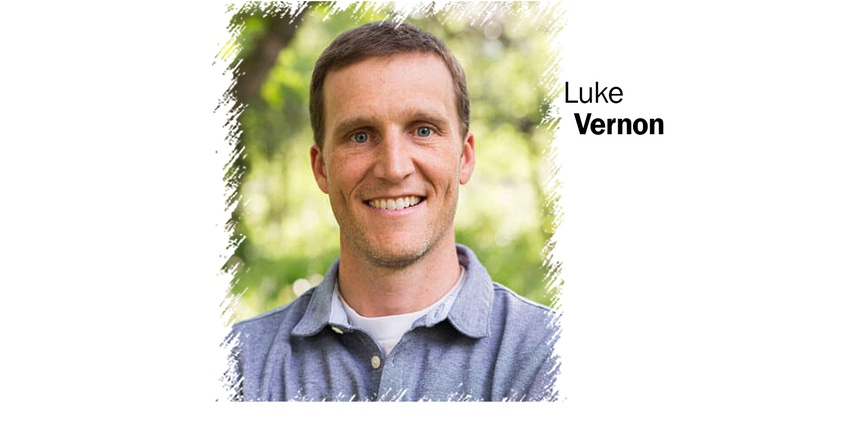Follow these fundraise essentials well before you start raising money.

Founders tend to make one of two catastrophic fundraising mistakes before they even pitch investors: poor timing and lack of preparation. Keep these five tips in mind when preparing to raise funds to avoid these pitfalls.
1. Get your books in order
This involves everything from building a financial model that tracks actual vs. projected to setting up a logical chart of accounts and publishing your monthly financials in an organized, industry-accepted manner. Your financial model should be easy to use and easy to explain. Investors are going to dive deep into this. If you, as a founder, are not fully capable of walking through every detail of your financial model, you need to invest time in this area.
A good and valid model is built on bottoms-up projections of sales, by customer—by SKU, including current and projected velocity. The model will also be used to identify how you’re going to use the capital you’re raising. If you aren’t big enough to have an internal CFO to build you a bottoms-up model, hiring an outsourced CFO service is well worth the price. A poorly assembled financial model and unorganized financial statements sends signals to prospective investors that the founder lacks the financial discipline to scale their business.
2. Get your metrics right
Investors build stories in their minds about companies as they evaluate them. They often craft endings to the stories for what they think the exit scenarios are down the road for the company. The stories are based on the pictures that founders paint. One tool that helps paint those pictures is metrics.
Do you know what metrics investors focus on? Do your metrics tell a good story? By thinking through these questions now, you’ll not only start to manage your business more efficiently, but you’ll also be able to identify the best timing and how to build momentum during your raise.
Some common metrics for food brands are: gross margin, all-commodity volume, velocity, and percentage of sales by customer (or channel). But there are others that shouldn’t be ignored. When investors review velocity data, they want to see how well the product sells on promo vs. off-promo and if the brand sees a sustained lift in velocity after promos end. Whatever the metrics are that you think are the most important indicators of your company’s success, think those through now and how you can build a successful story around them. Start tracking that data and managing your business with these key metrics in mind.
3. Identify and plug gaps on your team
Investors want to invest in teams, not individuals. If there are skills and experiences you need on your team, start jotting those down and building a pipeline of candidates. Even if you can’t afford to hire those people now, start building relationships so you have a strong bench of candidates when you get funded. Investors want to know that your team is as built out as possible given your current resources and that you’ll be able to quickly plug in talent after funding.
Remember, your team extends beyond just your internal employees. Prospective investors want to see that you have a strong board or group of industry advisors you’ve surrounded yourself with and that those advisors are regular engaged. If you don’t yet have relationships with strong advisors, start building them now.
4. Button up your intellectual property
For food brands, intellectual property is usually a check-the-box item during final diligence. Not having it buttoned up can cause wrinkles in the eleventh hour when a deal is near completion. It can be expensive to secure trademarks and other intellectual property, but investors want to see that your brand and company are protected. Regarding protection of trade secrets, consider: do your co-manufacturer agreements indicate that you retain ownership over your formulas/recipes and any modifications to them? If not, fix those agreements now. They may take time to renegotiate and you don’t want to have to do this while you’re trying to close an investment.
5. Identify a target list of investors and start building relationships
When investors write checks, we’re investing in the team as much, or more, than we’re investing in the company. For that reason, having a really good understanding of the founders and team is critically important for our decision process. And it helps tremendously if we’ve had a relationship with a founder for many months, even years, before they ask for money. The longer we’ve been able to observe how a company has developed, the more comfort we have in the team’s ability to execute.
For that reason, it’s important to build relationships with investors early, well before you actually need to raise money. If you need to raise money in 18 months, create your investor prospect list now. Do some research to see which investors have funded companies similar in size. Figure out what their average check sizes are. Talk with CEOs of other companies to get an understanding of the investor landscape. Then start building relationships through industry events, referrals and introductory phone calls.
Raising money is a time-consuming process. Not only does it consume your life when you’re in the thick of it, but it requires substantial planning if you want to conduct a successful raise. Don’t wait until it’s too late to begin planning. Think now about what picture you want to paint for investors and what you need to do now to prepare for that.
Luke Vernon is a managing partner of Ridgeline Ventures (recently rebranded from Range Light), an investment firm in healthy living companies. He’s an operator-turned investor, having led Eco-Products from under $1M in revenue to $80M before it was acquired, as well as having founded Luke’s Circle among other companies.
About the Author(s)
You May Also Like




